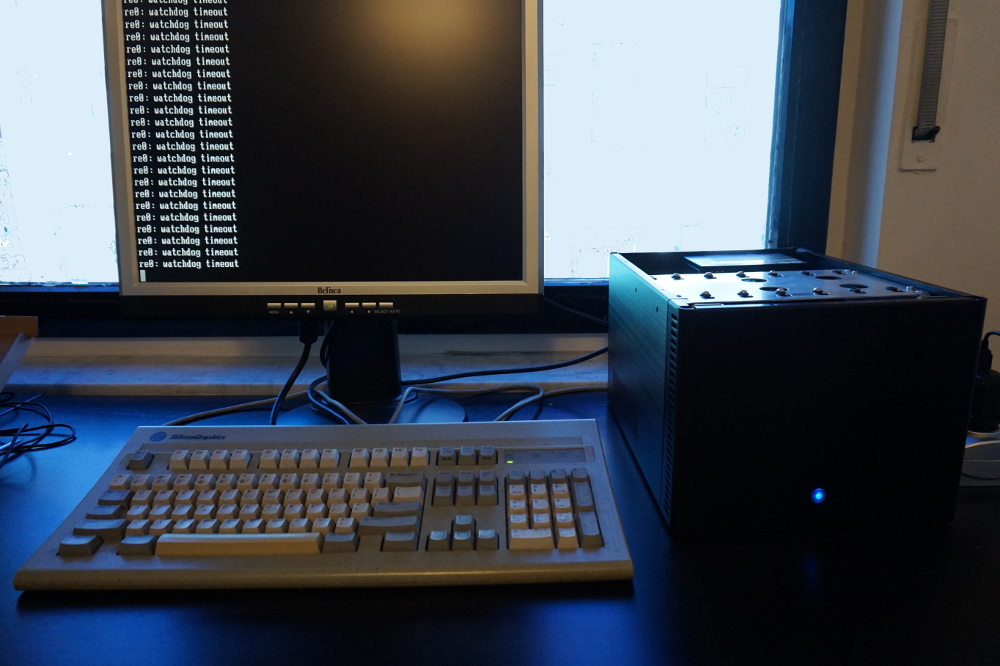I had a similar issue with my openvas 6 installation, this was resolved by creating the /etc/openvas/gnupg directory and creating the key openvasmd --create-credentials-encryption-key
But on my openvas 7 installation a creation of the encryption key was slooooow.
As always Good Randomness is important for creating keys. So I decided to install haveged to get more randomness and hopefully this would speed up key creation.
[root@localhost ~]# yum install haveged
Loaded plugins: fastestmirror
Loading mirror speeds from cached hostfile
* atomic: www6.atomicorp.com
* base: centos.cu.be
* extras: centos.cu.be
* updates: centos.cu.be
Package haveged-1.9.1-2.el7.art.x86_64 already installed and latest version
Nothing to do
[root@localhost ~]#
[root@localhost ~]# systemct list-unit-files --type=service | grep haveged
-bash: systemct: command not found
[root@localhost ~]# systemctl list-unit-files --type=service | grep haveged
haveged.service disabled
[root@localhost ~]# systemctl enable haveged
ln -s '/usr/lib/systemd/system/haveged.service' '/etc/systemd/system/multi-user.target.wants/haveged.service'
[root@localhost ~]# systemctl start haveged
[root@localhost ~]#
The key creation took a only sec.
[root@localhost ~]# openvasmd --create-credentials-encryption-key
Key creation succeeded.
[root@localhost ~]#
Adding new credentials works like a charm now.
 My NAS runs on FreeBSD I’m quiet happy with it. It’s named after the dog rataplan from the Lucky Luke comic
My NAS runs on FreeBSD I’m quiet happy with it. It’s named after the dog rataplan from the Lucky Luke comic

